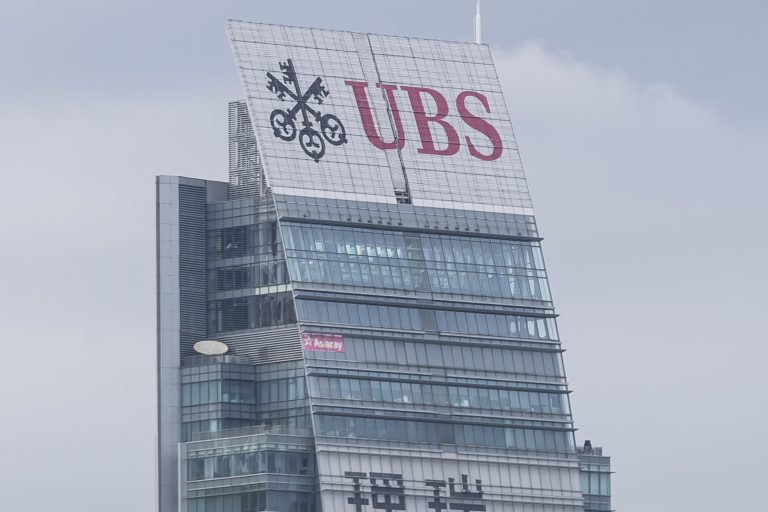The ongoing property crisis in China is pushing many investors into losses. A US$3 billion fund at UBS Group that invested in high-yield bonds in China has been caught in the country’s property meltdown. Two portfolio managers at the bank are now exiting their positions.
According to a UBS spokesperson, China-based Brian Lou and Singapore-based Jiayi Yew will leave the bank in January. They used to manage the company’s Asian High Yield fund. Ross Dikes, who was the lead manager of the fund, will also be leaving. He has worked at the bank for 16 years.
UBS is one of the top five holders of China’s Evergrande real estate company’s offshore debt. Evergrande is caught up in more than US$300 billion in debt, which many experts fear is too great for the company to shoulder. The company has missed some bond payments and is edging into a possible default, which would have serious consequences for the Chinese property market and the global economy at large.
Dilke’s fund lost 16 percent of its value this year. Half of the fund’s holdings are parked in real estate. The bank has US$274 million invested in Evergrande bonds as of the end of September. In addition, the fund also has positions with other Chinese developers facing financial distress, including Kaisa Group and Sunac China Holdings.
“Yew and Lou are part of the Swiss investment bank’s emerging market and Asia-Pacific fixed income team which comprises 26 investment professionals globally, 16 of whom are based in the Asia-Pacific region, according to UBS’s spokesperson. The firm plans to hire four more people after the departures. Yew and Lou did not immediately respond to emailed requests for comment,” according to a Bloomberg report.
Success
You are now signed up for our newsletter
Success
Check your email to complete sign up
Meanwhile, the Chinese property market continues to be in turmoil and has weighed down the economy. The property sector accounts for roughly 20 percent to 25 percent of China’s GDP.
Any slowdown in real estate will thus have a massive impact on the country’s growth numbers. According to Rob Subbaraman, chief economist at Nomura, China’s GDP growth will slow down to just 4.3 percent in 2022 from 7.1 percent this year. Tao Wang, Chief China economist at UBS also predicts China’s GDP to be around 4 percent next year.
Early this year, the communist regime had vowed not to depend on the property sector to stimulate its economy. Authorities now see excess housing supply as a destabilizing economic force and want investments to go into other sectors.
“President Xi thinks the property sector is too big… Xi is personally involved in real estate policies, so ministries don’t dare to ease policies without his approval,” Chen Long, an economist at Beijing-based consultancy Plenum, told Bloomberg.
China has tightened its policies on local government debt and the property sector. Some see these measures as being too strict. Xu Gao, assistant president and chief economist of Bank of China International, recently stated in a research note that such policies create a risk of real estate developers running out of cash. This would affect the property sector and worsen the economic slowdown.
“[The crackdowns] cannot truly defuse the risks in the macroeconomy, but instead will likely force the Chinese economy to give up its own special strengths and abandon an important economic growth engine,” Xu said.














